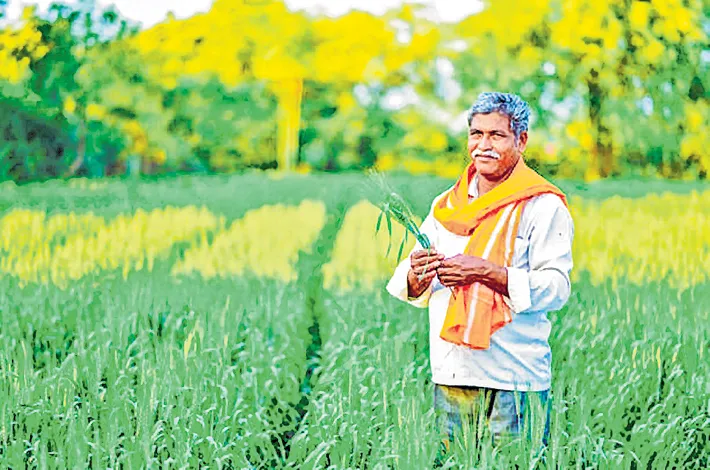‘Rising temperature may increase probability of default in 30% of agri loan portfolio by 2030’
24-02-2025 12:00:00 AM

PTI New Delhi
Rising temperature and growing threat of climate change may increase default risk in 30 per cent of agri and housing loans portfolio in the next five years, according to an analysis by BCG. According to the report, the average global temperature has already increased approximately 1.2 degree Celsius versus pre-industrial levels leading to flooding in coastal areas and reduction in agriculture production.
As a result, it said, there has been a drop in per capita income of people impacted by rising extreme weather events. Almost half of the credit of scheduled commercial banks is significantly dependent on nature and its ecosystem so any natural calamity impacts their bottomline. By 2030, as per estimates, 42 per cent India's districts are projected to experience temperature rise by up to 2 degree Celsius. So, 321 districts may be affected by temperature rise in the next five years.
"India is committing to sway away from coal and oil in favour of renewable energy. For India to make that difference/transition, an investment of USD 150-200 billion is required annually. On the contrary, the climate finance in India is somewhere between USD 40-60 billion creating a gap of USD 100-150 billion," BCG MD & Partner; APAC and India Leader, Risk Practice Abhinav Bansal said.








